The plastic pollution is depressingly familiar. In 2020, 367 metric tonnes of plastic was produced globally. The seas absorb more than 10 million tonnes of plastic every year. “Overtime we really do not know what effects these have,”says Tiffany M Ramos of Roskilde University in Denmark. Much of the waste ends up in landfills.
Plastic manufacturing also releases greenhouse gasses that contribute to global warming. A 2021 report found that the US plastic industry alone releases 232 m tonnes of greenhouse gas every year, the equivalent of 116 coal- fired power plants.
In 2016 researchers led by micro-biologist Kohei Oda of the Kyoto Institute of Technology in Japan reported a surprise discovery. It found a new strain of bacterium called Ideonella Sakaienns (I S) 201 -F6. This microbe could grow on pieces of polyethylene terephthalate (P E T). Not only that, Oda’s team reported that bacteria could use PET as its main source of nutrients, degrading the PET in the process.
The key to this ability was a pair of enzymes made by the bacteria. IS 201-F6 produces two unique enzymes. The first is a PETase that makes the long PET molecules drown into smaller molecules called MHET. A second enzyme called MHETase then goes to work, producing ethylene glycol and terephthalic acid.These two chemicals are the building blocks of PET so that IS 201-F6 can completely reverse the manufacturing process that made PET.
Prof John McGeehan of University of Portsmouth say that IS 201 F6 micro organism could use the plastic as its sole energy & food source. The advantage of these enzymes is that they break down the plastic at the molecular level. So it is possible to recreate the highest quality plastic. Plastic eating enzymes have to be a part of a revolution in the entire way we make and use plastics. The Guardian newspaper of U.K. has taken up this enzyme project and it has got support from 180 countries including India.

Photo - Mike Prince
Plastic Eating Enzymes Could Help Reduce The Global Plastic Waste Problem
Latest from News

Historic Grand Canyon Lodge Destroyed by Lightning-Sparked Wildfire, North Rim Closed Until 2026
Lightning struck the North Rim of Grand Canyon National Park on July 4, igniting a wildfire that would eventually consume the 98-year-old Grand Canyon Lodge. What began as a managed burn quickly
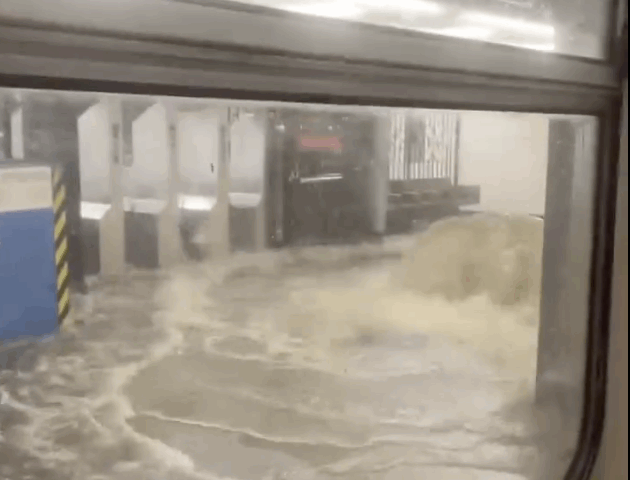
NYC Flash Floods: Second-Highest Hourly Rainfall Since 1943 Turns Subways Into Waterways (85 characters)
New York City faced a historic drenching Monday night as a powerful storm system unleashed what weather experts confirm is the second-highest hourly rainfall recorded since 1943. Water cascaded down subway stairs,
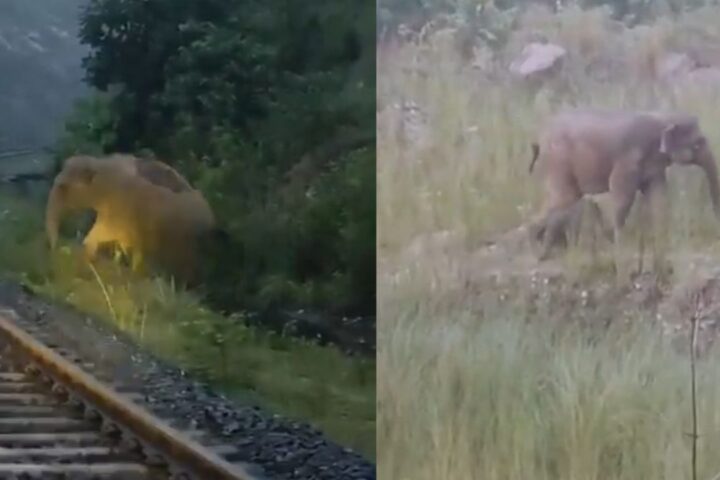
Train Halts 2 Hours for Elephant Birth: India’s Strategy to Prevent 186 More Railway Elephant Deaths
A coal-laden goods train on the Ranchi-Koderma line in India’s eastern state of Jharkhand stood motionless for over two hours recently, allowing a remarkable natural event to unfold safely on the railway

Deer Creek Fire Creates Rare Pyrovortex: 8,925 Acres Burned, 0% Containment, 5 Homes Destroyed Near Utah-Colorado Border
A rare fire whirl twisted through the Deer Creek Fire near Old La Sal, Utah, as firefighters battle the uncontained wildfire that has scorched nearly 9,000 acres along the Utah-Colorado border. The

Medical Transport Plane Crashes Seconds After London Takeoff
A small medical transport aircraft crashed in a dramatic fireball seconds after taking off from London Southend Airport on Sunday afternoon, forcing the indefinite closure of the airport and triggering a massive
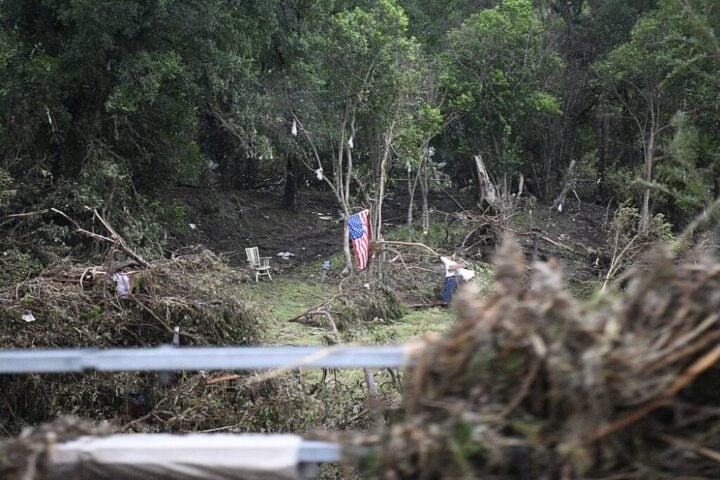
🔴 LIVE Extreme Weather Alert Central: Texas Evacuates 4 Counties, 3 Dead in West Bengal, 13 Jharkhand Districts on Alert
13:20 PM GMT- 14/07/2025 The European Parliament adopted a proposal to unlock €280 million of EU Solidarity Fund money to assist countries affected by devastating floods in 2024. On Wednesday, MEPs with
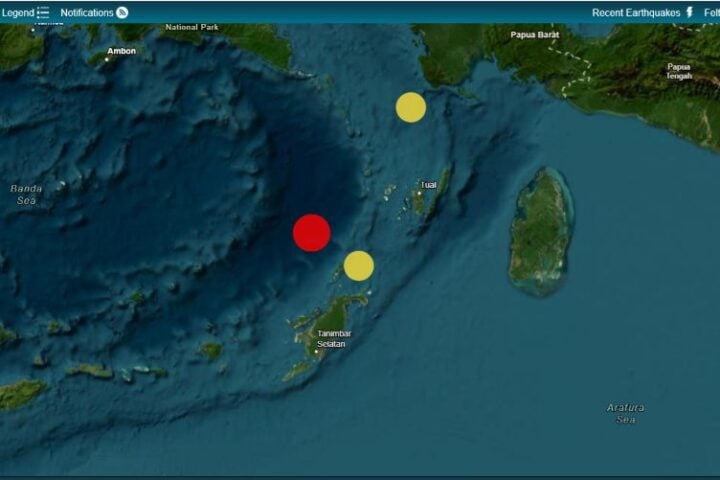
6.7 Earthquake Hits Indonesia’s Tanimbar Islands, No Tsunami Threat
A strong earthquake with a magnitude of 6.7 struck off Indonesia’s Tanimbar Islands region on Monday, July 14, 2025. The tremor hit at 12:49 local time (05:49 UTC), according to Indonesia’s geophysics

883 Bread Loaves Recalled After Hidden Nuts Found At Stores
Hartford Bakery has pulled 883 loaves of Lewis Bake Shop Artisan Style half-loaf bread from store shelves after customers found hazelnuts inside packages that didn’t warn about them. The recall affects bread

California Invests $11 Million to Help Job Seekers Facing Barriers: 6 Organizations Creating Pathways to Employment
Governor Newsom recently provided $11 million to six California organizations focused on helping people who face tough barriers to employment. The funding supports programs that provide job training and work experience for
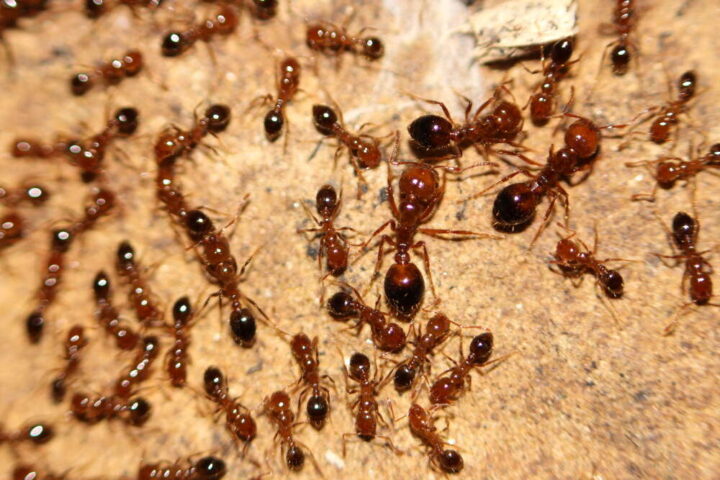
Fire Ants Invade Central Queensland Mine: 800km Jump Threatens $2B Annual Economic Impact
Fire ants have been found at BHP’s Broadmeadow coal mine near Moranbah in central Queensland, marking the first detection of these dangerous pests in the region. The discovery has triggered immediate action

London Underground Expands 4G/5G Coverage: Northern Line Banking District Now Connected with 2,000km of New Cabling
London’s Tube network is getting more connected as Transport for London (TfL) and Boldyn Networks expand 4G and 5G coverage to more sections of the underground. The latest rollout brings mobile service
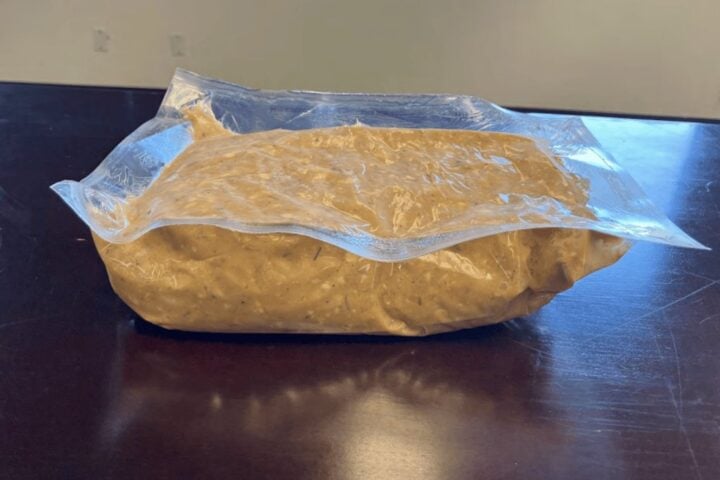
FSIS Warns: 3 Undeclared Allergens Found in Prep Chef Pulled Pork
The U.S. Department of Agriculture’s Food Safety and Inspection Service (FSIS) has issued a public health alert for “Prep Chef” brand pulled pork products containing undeclared allergens. The alert covers two specific
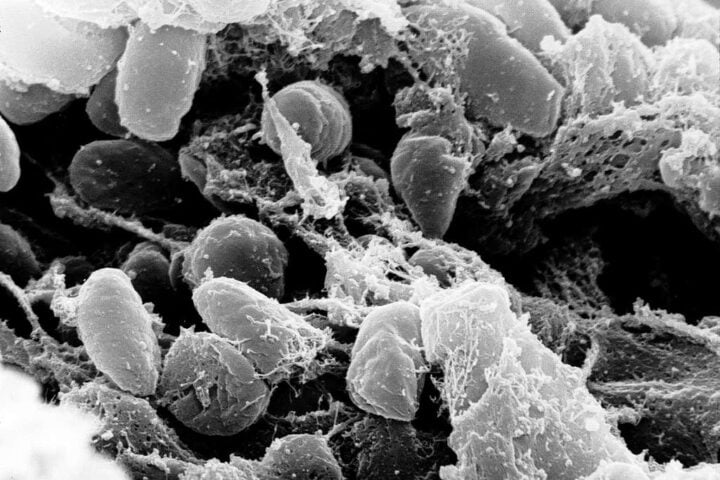
Arizona Pneumonic Plague Death: First Fatal Case Since 2007 With Only 7 US Cases Annually
A resident of Coconino County, Arizona has died from pneumonic plague. This marks the first death from this rare disease in the county since 2007. Health officials confirmed the death on July

Volkswagen Shuts 360,000-Vehicle Nanjing Plant as BYD’s 2.1M Sales and 33% Growth Reshape China’s Auto Market
Volkswagen has shut down its factory in Nanjing, China, marking the first time the German automaker has completely closed a plant in the country. Production has already stopped, with the facility set
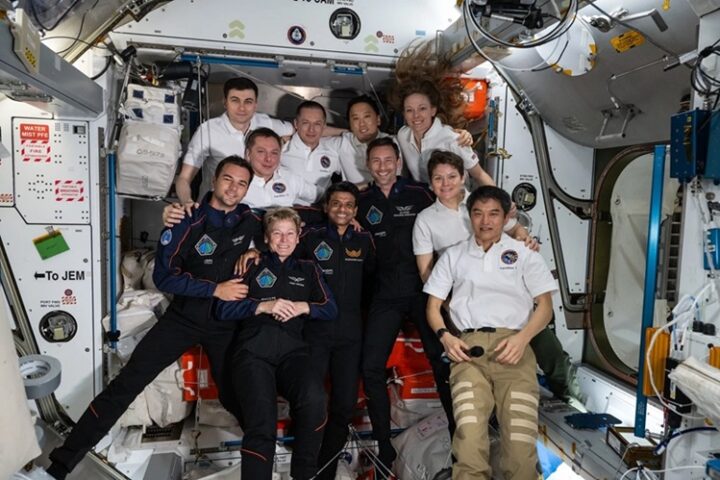
Axiom-4 Crew Returning with 60+ Experiments: Shukla’s Historic ISS Mission Concludes After 230 Orbits
NASA will broadcast the Axiom Mission 4 (Ax-4) private astronaut crew’s departure from the International Space Station. The four astronauts, including India’s Shubhanshu Shukla, will undock on Monday, July 14, at 7:05


